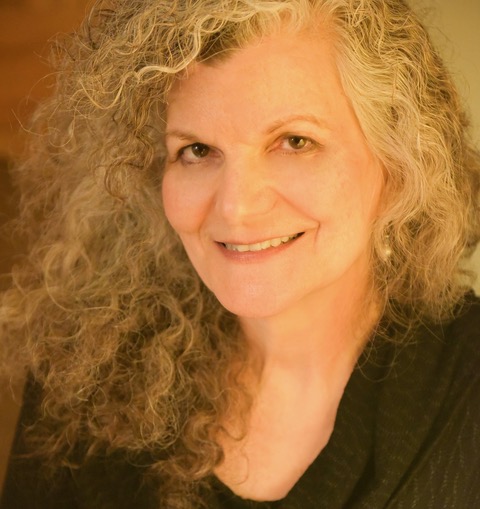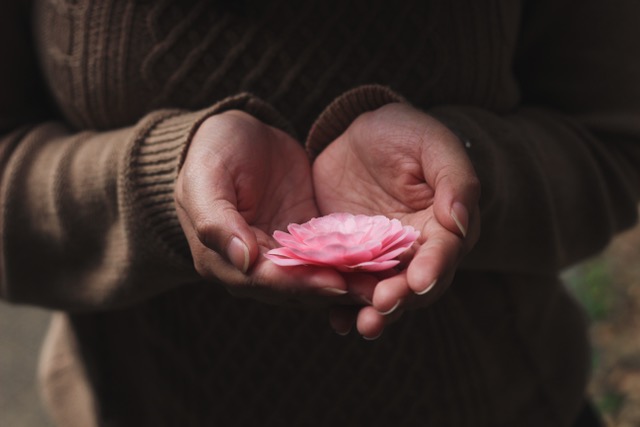In times like these, you may wish that you had less sensitivity. Life as an empathetic soul is often overwhelming. It can be easy to fall into despair or anxiety. And because you are capable in multiple ways, relatives, friends, coworkers, neighbors, strangers, plants, and animals may be clamoring for your assistance.
You may be happy to help. It could be your calling to serve others . But you might feel inadequate because you aren’t the one dragging people out of burning buildings. You aren’t the one rushing into war zones to cover the atrocities.
And the clamoring may make you want to stay in bed. On your good days. On your bad days, it may make you want to pulverize the clamorers, if you know what I mean. ( Just because you’re sensitive doesn’t mean that you never feel drawn to pulverizing. I don’t recommend doing it. I’m just saying… )
You need to understand that your sensitivity is your strength. Being perceptive, empathetic, compassionate, and intuitive are skills that the world needs. Desperately.
But because you’re a sensitive soul, there are some things that you need to know.
First: Just because you can sense someone’s pain, doesn’t mean that you’re responsible for fixing it. It’s impossible to help everyone. Even if you can do something faster and more easily than someone else, doesn’t mean that you have to do that something every time. It’s important to set limits so that you can have the energy to contribute where it really counts. Practice saying no. There will be times when you need to say no. I’m not suggesting that you should shirk your responsibilities. I’m just saying that it’s healthy to set boundaries. If you’re very capable in many areas, it’s impossible and inappropriate for you to do everything you’re capable of. Exhausting yourself? Not recommended. Look for the times when you’re drawn to something because it’s making a positive contribution but also energizing. Head in that direction.
Second: Avoid toxic people. They will drain the energy you need to live your fully generous life. You may be enabling them by letting them rely on you. And, by the way, the toxic people might include family members. In that case, it could be tricky. But you may need to limit your contact. Psychotherapy can help. You’ll likely feel guilt. Try to let go of the guilt. Tell yourself that you’re healing the legacy of dysfunction in your family line when you work on yourself. That your ancestors are benefitting. Because they are. ( Trust me on that one. ) Everyone benefits when you carefully examine your patterns, beliefs, and behaviors. And when you stand up for yourself. Of course, this doesn’t mean to ignore family members in distress. It just means that you may need to protect your sensitivity around folks who tend to judge and attack.
Third: Self-care is your friend. You are not a wimp if you need to rest. There is a lot of tumult in our world these days. It would be easy to get caught in your own despair, anxiety, anger, or sense of urgency. To step up to the challenges, to have your compassion and insight fully accessible, you’ll need to be nourished yourself.
Finally: Appreciate your sensitivity. It makes you powerful. Your awareness and your capacity for compassion and loving is vast. Your sensitivity allows you to expand your knowledge of what’s possible. Create a large enough container to hold it all. The despair, anxiety, anger, and urgency. And the compassion, love, and joy. Surely this planet, your relatives, friends, coworkers, neighbors, strangers, plants, animals, and even your politicians, need all of the love and compassion they can get.
Sensitivity is your superpower.
_______________________________
Adapted from a post originally published at rainforestmind.wordpress.com


